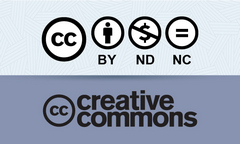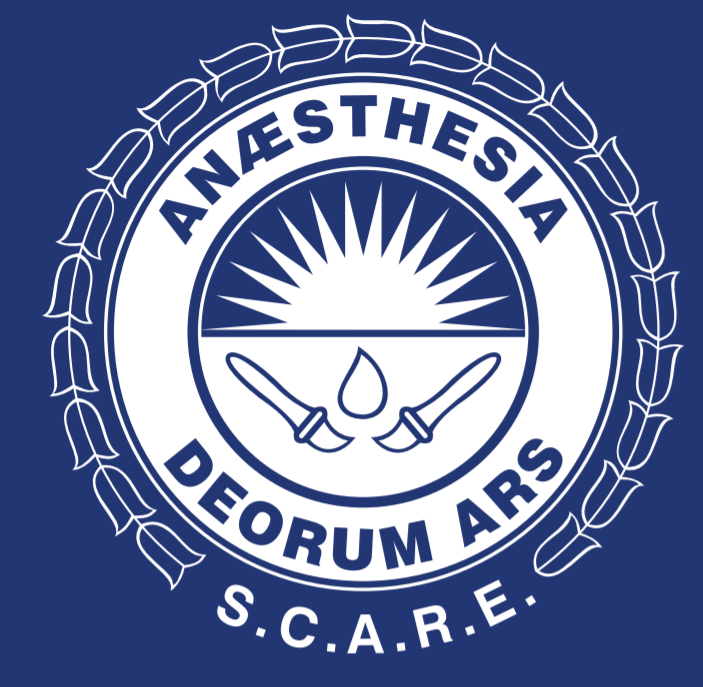Relationship among mental models, theories of change, and metacognition: structured clinical simulation
Abstract
Learning is a change in the way of thinking that lasts over time and allows for solving problems; on the other hand, education based on structured clinical simulation is a pedagogic mediation between the classroom and clinical practice, which allows experience, reflection, monitoring, control, and restructuring of thought, which can contribute to deep and lasting learning. It is desirable that students, both undergraduate and graduate, are given the opportunity to be trained under structured simulation.
References
2. Opazo Morales EI, Rojo E, Maestre JM. Training instructors in clinical simulation models: The role of a fellowship program. Educ Medica 2017;18:22-29.
3. Ahmed R, Frey J, Hughes PG, et al. Simulation fellowship programs in graduate medical education. Acad Med 2017;92:1214.
4. Torre DM, Daley BJ, Sebastian JL, et al. Overview of current learning theories for medical educators. Am J Med 2006;119:903-907.
5. Tamayo O. Evolución Conceptual desde una Perspectiva Multidimensional. Aplicación al concepto de respiración Barcelona: Universidad Autónoma de Barcelona; 2001.
6. Vosniadou S. Capturing and modeling the process of conceptual change. Learn Instr 1994;4:45-69.
7. Johnson-Laird P. Mental models. Cambridge: Harvard University Press; 1983.
8. Rudolph JW, Simon R, Raemer DB, et al. Debriefing as formative assessment: closing performance gaps in medical education. Acad Emerg Med 2008;15:1010-1016.
9. Dow A, Thibault G. Interprofessional education-a foundation for a new approach to health care. N Engl J Med 2017;377: 803-804.
10. Gardner AK, Scott DJ, Abdel Fattah KR. Do great teams think alike? An examination of team mental models and their impact on team performance. Surgery 2017;161:1203-1208.
11. Prochaska JO, Di Clemente CC. Transtheoretical therapy: toward a more integrative model of change. Psychotherapy 1982;19:276-288.
12. Flavell JH. Metacognition and cognitive monitoring: a new area of cognitive-developmental inquiry. Am Psychol 1979;34: 906-911.
13. Brown A. Weinert F, Kluwe R. Metacognition, executive control, self-regulation and other mysterious mechanisms. Metacognition, motivation and understanding Hillsdale, NJ: Erlbaum; 1987;65-116.
14. Issenberg SB, McGaghie WC, Petrusa ER, et al. BEME: features and uses of high-fidelity medical simulations that lead to effective learning: a BEME systematic review. Med Teach 2005;27:10-28.
15. Flin R, O'conor P, Crichton M. Safety at the sharp end: a guide to non-technical skills. Aldershot: Asgate Publishing; 2008.
16. Díaz Guio DA, Del Moral I, Maestre JM. Do we want intensivists to be competent or excellent? Clinical simulation-based mastery learning. Acta Colomb Cuid Intensivo 2015;15:187-195.
17. Petrosoniak A, Hicks CM. Beyond crisis resource management: new frontiers in human factors training for acute care medicine. Curr Opin Anaesthesiol 2013;26:699-706.
18. Kolbe M, Grande B, Spahn DR. Briefing and debriefing during simulation-based training and beyond: content, structure, attitude and setting. Best Pract Res Clin Anaesthesiol 2015;29:87-96.
19. Dieckmann P, Gaba D, Rall M. Deepening the theoretical foundations of patient simulation as social practice. Simul Healthc 2007;2:183-193.
20. Cheng A, Grant V, Huffman J, et al. Coaching the debriefer. Simul Healthc 2017;12:319-325.
Downloads
Altmetric
| Article metrics | |
|---|---|
| Abstract views | |
| Galley vies | |
| PDF Views | |
| HTML views | |
| Other views | |














